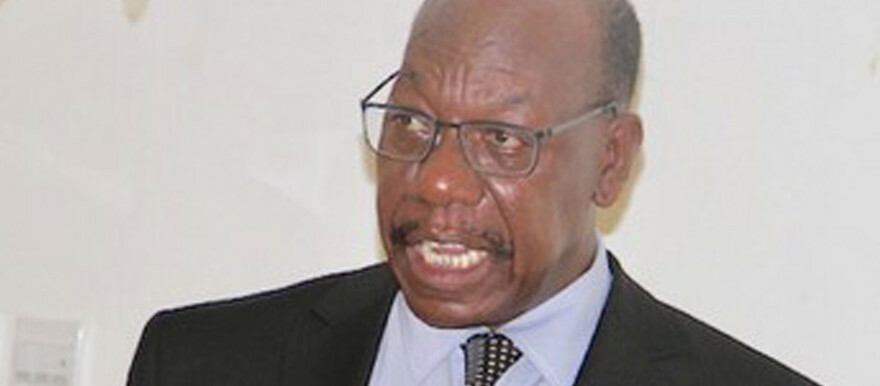The Reconstituted Joint Monitoring and Evaluation Commission (RJMEC) chairperson has said civil society in South Sudan has key roles to play in pushing for the implementation of the revitalized peace agreement.
Speaking in Bor, Jonglei State, on Tuesday during a stakeholders’ consultative forum on the implementation of the peace agreement, Maj. Gen. Charles Tai Gituai said civil society’s understanding of the deal and advocacy pushes the implementation of the agreement.
“Advocating for the contents and the values of the agreement as widely as possible helps to push along implementation,” Gen. Gitau said. “The more civil society understands and is able to explain the agreement to its constituents, the more effective the push for its implementation becomes. The R-ARCSS offers the best window of opportunity for lasting peace.”
He added: “Your knowledge, capabilities, and experience with your constituencies are invaluable. In particular, there are some key ways in which, I see your relative advantages and potential as civil society in supporting the implementation environment here in South Sudan.”
Further, the RJMEC chairperson noted that Civil Society can initiate, promote and strengthen comprehensive and objective dialogue between the government and the people.
“Your flexibility and potential to reach out to communities helps to adapt to external changes when governments can typically be slower to react,” he said. “Civil society can understand clearly and focus on where there are shared interests of the people they serve. In this way, you form a powerful link which bridges the space between the people and the government, and then promotes the shared interests.”
He said there are always challenges to any peace process and civil society is an excellent early warning system.
“You can create awareness and caution about the possibility of upsets or obstacles to implementation. In your own ways, you then promote the move towards dialogue through sensitization and awareness creation,” Gen. Gitau said.
He added that the monitoring and evaluation of the implementation of the R-ARCSS will be much stronger as a result of the civil society’s unity of voice and purpose, access to the grassroots and that advocacy remains central for the continued implementation of the agreement.
“The challenges in South Sudan are many. It has been a long road, but civil society must have a voice that can be heard far and wide,” he said.
The four-day consultative forum was convened by RJMEC, Ceasefire & Transitional Security Arrangements Monitoring & Verification Mechanism (CTSAMVM) in collaboration with Community Empowerment for Progress Organization (CEPO) and Nonviolent Peaceforce.




